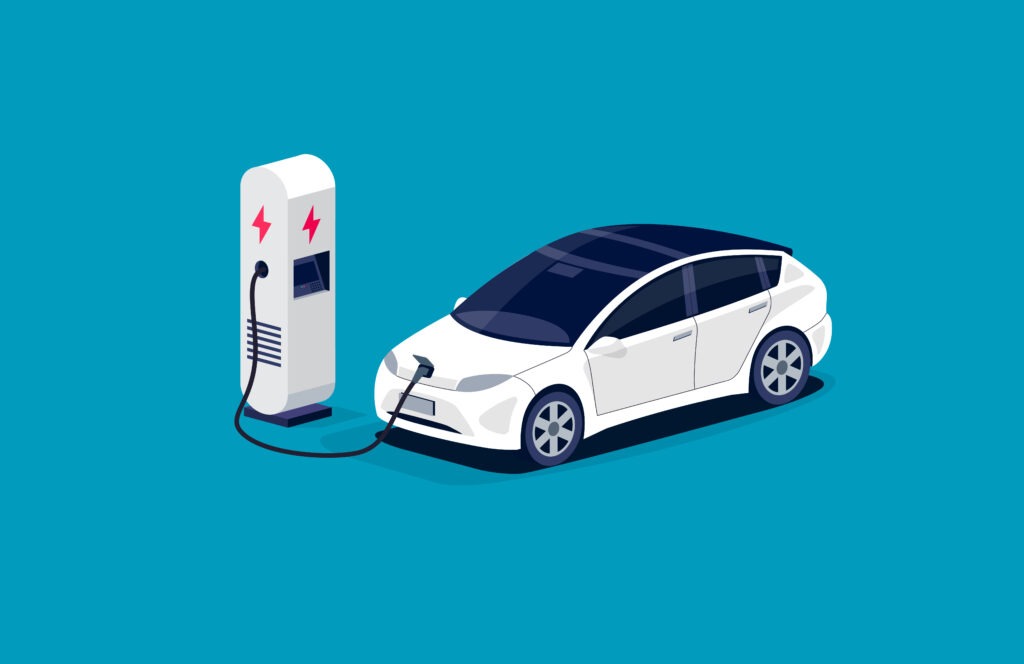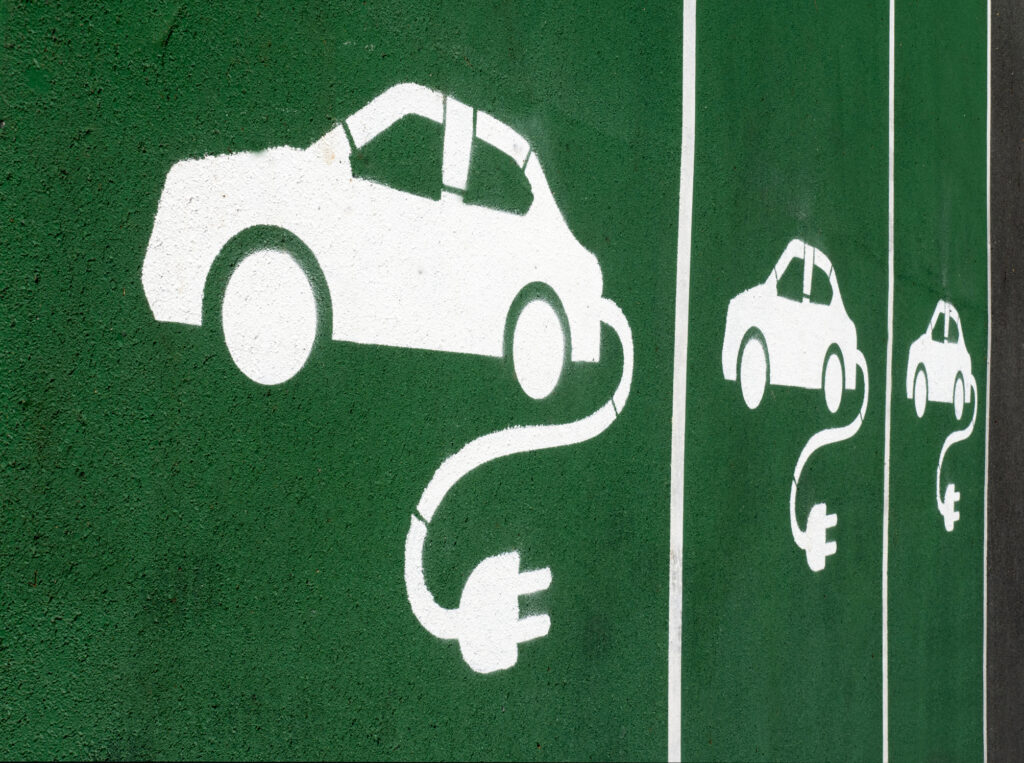Nearly half of the Netherlands’ new cars featured plug-in technology in May
26 June 2023

Plug-in vehicles made up nearly half of the new-car market in the Netherlands in May. José Pontes, data director at EV-volumes.com analyses the market’s electrification.
The Netherlands recorded 15,115 plug-in registrations in May, reaching a 46% market share. Battery-electric vehicles (BEVs), made up 33% of new-car sales, while plug-in hybrids (PHEVs) made up 27%.
The Tesla Model Y was the most popular electric vehicle (EV) last month, with 1,048 registrations, putting it third in the overall market rankings. Then came the Volvo XC40 with 1,007 units, 779 of which were BEVs, putting the car fourth in the overall market. Meanwhile, the Volkswagen (VW) ID.4 made it to third with 713 units.
The Opel Corsa EV came in sixth, scoring a record 536 units. Overall, the model was fifth in the Netherlands’ new-car market last month. Highlighting a great month for Opel, the Corsa’s crossover sibling, the Mokka EV, also achieved a record performance with 320 units. This took it to 11th place in the plug-in vehicle table. Another model on the way up is the BMW iX1, ending the month in ninth, with 342 units.
In the second half of the table, the Fiat 500e reached 19th with 248 units, its best performance in the last 14 months. MG placed two models in the top 20, a first for the brand.
The MG4 was 18th with its highest total to date of 249 units, while the crossover ZS EV ended the month in 20th with 228 units, its best score since June 2021. Finally, the Polestar 2 ended the month in 13th, compensating for the Volvo XC60 PHEV suffering another slow month.
With BEVs representing 73% of all plug-in sales in May, (versus 67% in the first five months of the year), the electrification trend continues. This may well signal the extinction of PHEVs from the top 20 by next year.
Outside of this league table, May witnessed the ramp up of the Hyundai Ioniq 6 Streamliner, climbing to 173 units. Meanwhile, the Toyota bZ4X recorded 111 registrations. A model that was very close to reaching the top 20 was the Volvo C40, ending the month just five units behind the MG ZS EV, with 223 registrations.
Striving for silver
Looking between January and May, the Tesla Model Y maintained a comfortable lead over the Lynk & Co 01 PHEV. The Chinese compact SUV is now having to worry about keeping the silver medal from its cousin, the Volvo XC40.
With both models set to be effectively replaced next year, there could be some opportunities for fresh competition. With the podium bearers some 2,000 units above the rest, the question is how the rest of the market will align by the end of 2023.
The Peugeot 208 EV surpassed the Renault Megane EV and entered fourth. This is likely thanks to the Megane EV being stuck as consumers also have the MG4 and Tesla models to choose from when considering an EV.
VW’s MEB-based models are also on the rise, as proven by the VW ID.4’s jump up to sixth. Then there is the rise of the Skoda Enyaq to 9th, while the Audi Q4 e-Tron climbed to 13th. With challenges coming from all sides, the likelihood of Renault cutting the price of its compact EV to remain competitive is climbing.
This is emblematic of the dilemma currently facing mainstream European brands. Some carmakers will look upmarket to survive the electric transition, trying to compensate for smaller volumes with higher profit margins. Unfortunately, beyond well-heeled early adopters, many consumers seem unwilling to pay for a premium model, no matter how good the vehicle might be.
In the second half of the table, the highlights came from the Opel and BMW stables, with the Corsa EV jumping to 11th and the Mokka EV in 18th. As for BMW, the i4 jumped three positions to fourth, while the iX1 crossover made 19th place. The iX1 can be expected to continue climbing, and will likely become the brand’s new best-selling model.
The BEV takeover continues, as there are now 16 all-electric models in the table, two more than in April, with the Opel Mokka EV and BMW iX1 replacing the Volvo XC60 PHEV and Hyundai Tucson PHEV.
Carmakers and groups
In the manufacturer ranking, Volvo retained the leadership position with a 10.6% market share last month, keeping Tesla at bay in second place (10%). BMW (7.9%) remained in third, while Lynk & Co (6.5%) lost fourth to a rising VW (6.7%), thanks mostly to the ID.4’s strong results. Kia (5.9%) fell from fifth in April to seventh in May, having been surpassed by VW and Peugeot (6.2%).
As for OEMs, Geely–Volvo lost some of its market share, falling from 18.6% in April to 18.3% in May, mostly due to Lynk & Co’s slow month. In second, Stellantis climbed (15.2%) thanks to positive performances from both Peugeot and Opel. In third, VW Group advanced (14.5%, compared to 13.8% in April), with Hyundai–Kia (10.9%) in fourth and Tesla in fifth.



